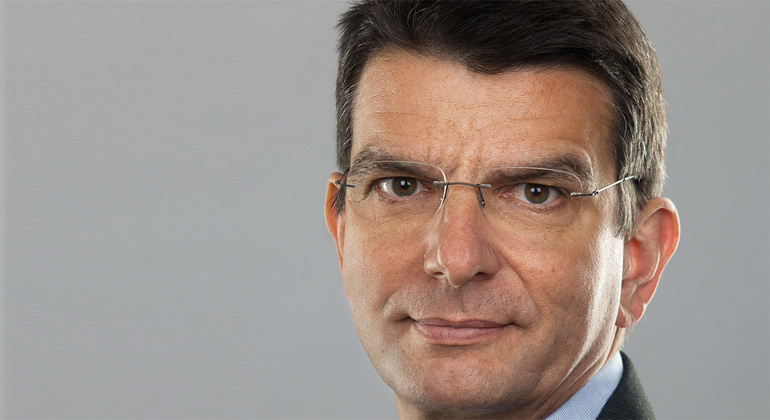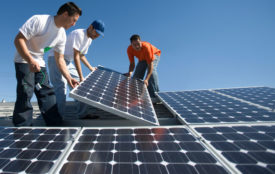Deficient governmental policies: the main obstacles for the off-grid industry
More than 10 years ago, when I started my work in the off-grid energy sector, I was convinced that the main obstacle to off-grid electrification was the rural population’s lack of purchasing power.
In addition I expected, of course, obstacles on the part of the state bureaucracy and possible corruption as well as widespread legal uncertainty. As a consequence of these conditions, I presumed that there would be a lack of interest on the part of investors and, of course, insufficient financial resources.
I was surprised by the real facts because the actual pyramid of obstacles was upside down!

© Harald Schützeichel
The purchasing power of the rural population is definitely not the limiting factor. Even poor people are not impecunious, and they can afford full energy access if the products are provided with a finance scheme.
But to provide end user finance options, lot of capital is needed. On the other hand: decisions of investors are relatively easy to predict. Basically they need three preconditions for their activity: stable policies and laws; investment friendly environment; profitable business plan. If these requirements are fulfilled investors will spend more than enough money to finance decentralised energy access.
The real problem for a growing energy access sector clearly lies at the governmental authorities and their policies. Of course, in brochures and speeches in conferences, one can read and hear with regularity how important solar energy for off-grid energy access is. Nevertheless, the reality in most of developing countries looks quite different: policies are either not clear or even made to obstacle a serious off-grid energy sector.
The consequences of the current policy situation are obvious. Some few samples:
- All developing countries allow the import of important products for the country with reduced or even no duty. Very often this applies for fossil energy, but also for entertainment and communication (mobile phones, TV). Unfortunately, in many developing countries there is no duty reduction for solar off-grid energy products.
- Very often legal regulations for doing business are not clear and quite complicated or bureaucratic. Consequently countries in developing countries usually range at the end of World Banks ranking for “Ease of doing business”.
- Arbitrariness and bureaucracy at customs clearance is a challenge in all developing countries. Often products get stucked in customs due to lack of professional customs service. Sometimes it helps to pay an additional “service fee”, which comes then to the next topic:
- Corruption is present in all steps of business activity: it starts at customs and continues all over the supply and distribution chain for an off-grid company.
- Lack of finance through local banks for off-grid energy access usually is due to high interest rate and request for hard collateral like land and buildings.
- Very often crude regulations for doing business limit the activity of companies and restrict the rights of foreign investors.
- Last not least many developing countries in Africa and Asia are affected by either insecure political stability or high legal uncertainty, which definitely is a No-Go for any investments.
The consequences of this situation are obvious: on countries where lot of people remain without energy access the national governments either are not able or not willing to ensure a sustainable business development.
In March 2017 Power for All published a report which states clearly the low policy performance in developing countries for Decentralised Renewable Energy (DRE):

© Harald Schützeichel
But what is a reality as well: as soon as governmental policies ensure a reliable economic business environment, the investors place capital to finance energy access business, companies are providing energy products even in very remote areas and the rural population is benefitting from this development. Well known samples are Bangladesh, India, Tanzania, or Kenya.
To honestly push sustainable energy access in Africa and Asia, national governments need to show the willingness to set and keep appropriate policies and fight against corruption and personal enrichment. We definitely don’t need more speeches in conferences or signed documents on political meetings. We expect actions from governmental authorities, not more words.







